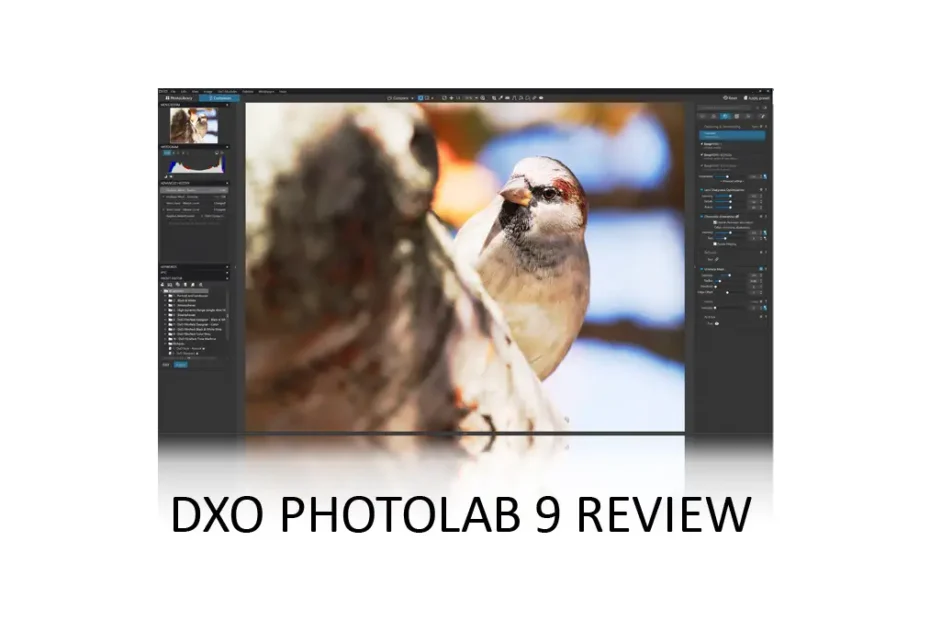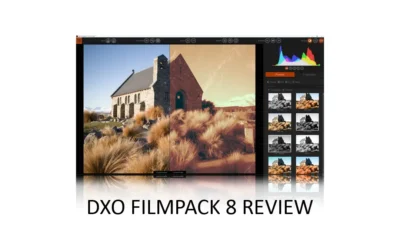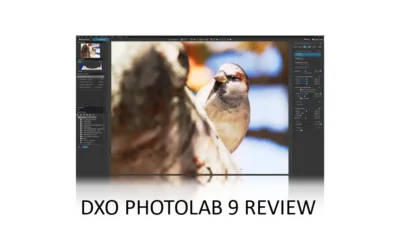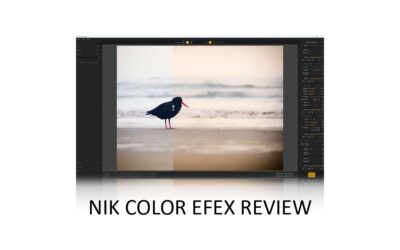DxO PhotoLab is a highly capable and responsive subscription-free photo editing application with two exceptional features: Optics Modules and DeepPRIME noise reduction. Combined, these two features will provide you with an effortless route towards outstanding image quality, which goes a long way in making up for its comparatively undernourished photo management feature set. Jump to Conclusion
REVIEW CONTINUES BELOW
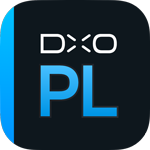
BUY PHOTOLAB 8 TODAY
LIFETIME LICENSE
US$239.99
*SAVE WITH PROMOCODE SILENTPEAK15
DxO Photolab Review – Contents
- What is DxO PhotoLab 9
- How much does DxO Photolab cost
- What does DxO Photolab do
- What’s new in DxO Photolab 9
- Is DxO Photolab any good
- Alternatives to DxO Photolab 9
- Conclusion
- About the Author
What is DxO PhotoLab 9
DxO PhotoLab is a standalone enthusiast-grade photo editing studio for Windows PC and Mac OS, combining basic photo management and advanced photo editing.
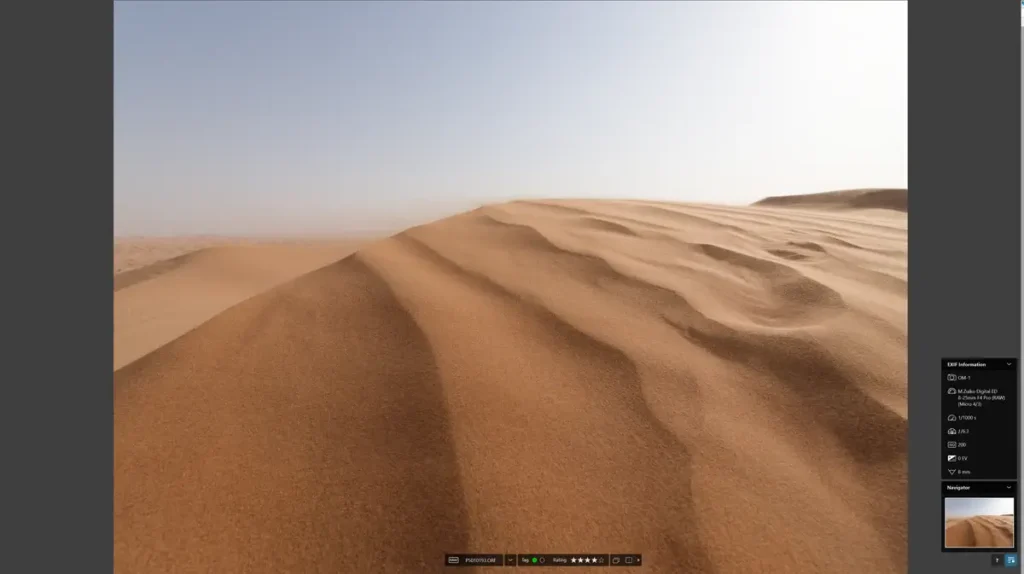
However, Photolab is best known for its outstanding Optics Module-powered raw conversion and class-leading DeepPRIME noise reduction. When combined, these features all but guarantee exceptional image quality the moment you open your photo for editing. Try DxO Photolab – For Free
How much does DxO Photolab cost
A single Photolab lifetime license costs a one-time payment of US$239. However, you can upgrade to Photolab 9 from Photolab 7 or 8 for just US$119.99. Get DxO Photolab 9 Now
What does DxO Photolab do
DxO Photolab 9 combines basic photo management with advanced photo editing. Regarding photo management, you can use Photolab to rate your photos and group your images into albums. You can also tag your pictures with any number of custom keywords.
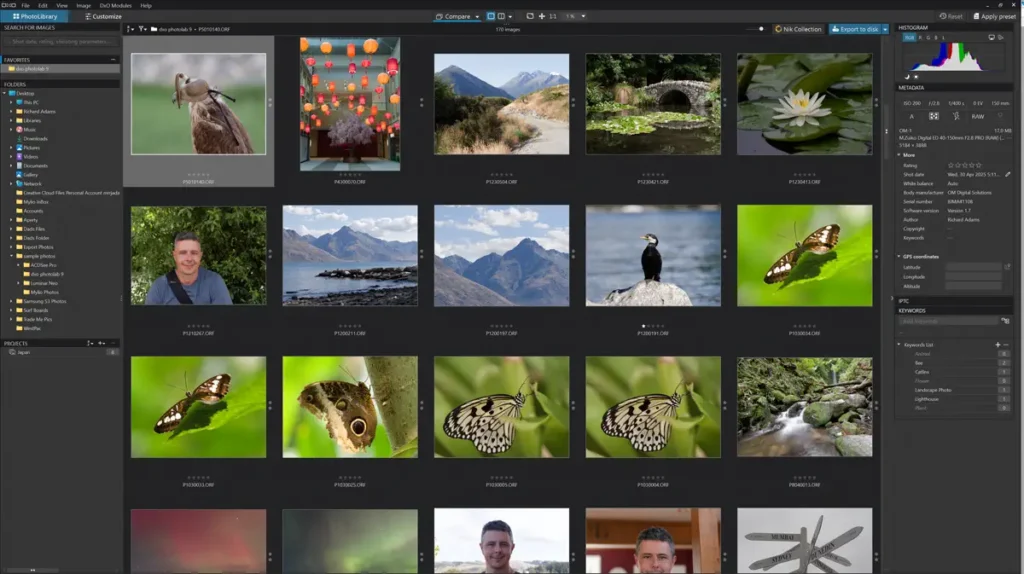
Photolab leverages your photo library’s existing file structure; therefore, no import is required, and you’ll find your images where you left them. You can also browse your library using Photolab’s effective search feature, which leverages attributes such as rating and keywords, as well as photo metadata properties like date taken, camera model, and exposure settings.
While DxO Photolab’s photo management is comparably basic, its photo editing is anything but. Whenever you open a new photo, Photolab will download an Optics Module that profiles the specific characteristics of the camera and lens combination you used to take the shot. This insight enables DxO Photolab to make highly bespoke corrections and enhancements to your image, resulting in a superior image quality before you’ve even made your first edit.
When it comes to photo editing, Photolab’s responsive and highly customizable interface is packed with the kind of manual adjustments that experienced users crave. Yet, newcomers and experts alike can always fall back on Photolab’s selection of presets and labor-saving features, such as the excellent DxO Smart Lighting and ClearView Plus. Then there’s DxO’s DeepPRIME noise reduction, one of the best photo denoisers I’ve tested. Once you’ve finished your edit, you can export your image as a TIFF, JPEG, or DNG file, or send it directly to Lightroom or Flickr.
What’s new in DxO Photolab 9
DxO Photolab 9’s most significant new feature is AI masking, which enables you to quickly mask, isolate, and adjust photographic elements such as your photo’s sky, subject, or background, while leaving the rest of your image intact. Photolab 9 also inherits DxO PureRaw 5’s DeepPRIME 3 and XD3 X-Trans AI Denoising models, which are ideal for processing photos taken with Fujifilm’s range of X cameras.
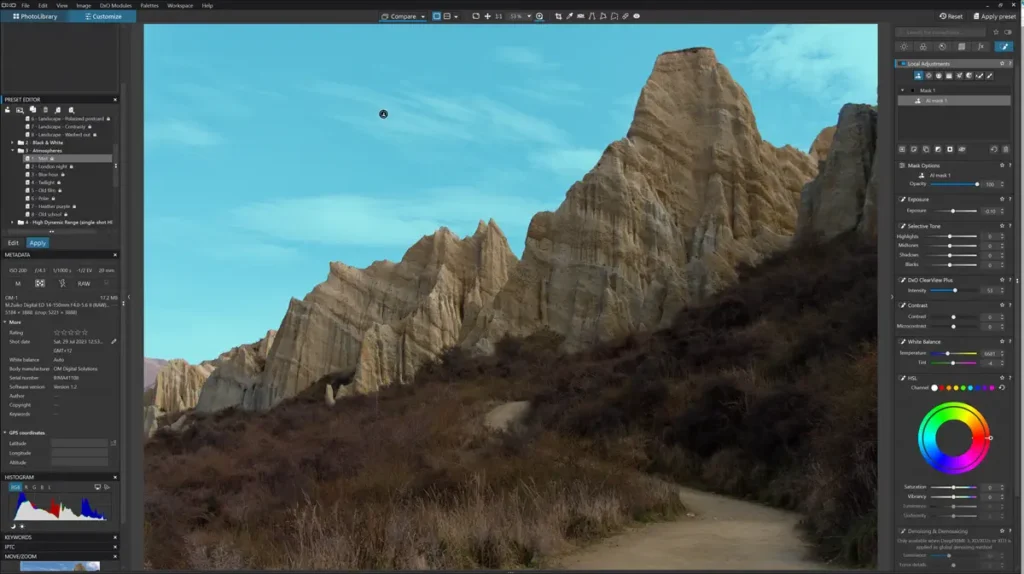
In the Photolibrary, you can also stack multiple images together and present them as one, which helps contain large bursts of a single moment, such as an HDR or Focus Stack. There’s also a new batch renaming tool, enabling you to rename groups of images using metadata properties such as shot date, camera model, focal length, and many more. After which, you can save your new naming convention as a preset and use it again later.
Finally, DxO Photolab is now compatible with modern file formats, such as HEIC, HEIF, and ProRAW, making it easier to process images captured with your Apple hardware.
Overall, DxO Photolab 9 is a significant upgrade over Photolab 8, but only for specific users, such as those seeking AI masking or compatibility with Apple and Fujifilm devices. However, Photolab 9 is an excellent upgrade for almost anyone still using Photolab 7 or older. Upgrade to Photolab 9 now
Is DxO Photolab any good
Regarding Photo Management, DxO Photolab is functional but underpowered compared to rivals. Specifically, Photolab lacks modern-day conveniences such as Face Recognition, automatic keyword tagging, smartphone connectivity, and cloud integration. However, Photolab’s Photo editing is another matter.
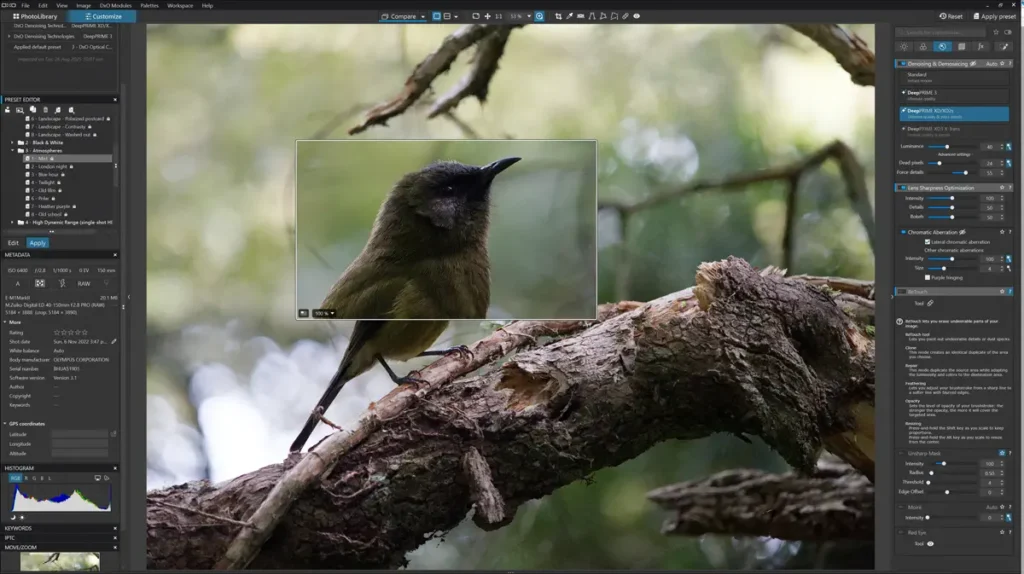
Photolab’s interface is one of the best I’ve used. It’s well-presented, hyper-responsive, and highly customizable, enabling you to tune its layout to fit your preferred workflow. Photo editing in Photolab is packed with fast and precise adjustments that give you fine control over exposure, color, contrast, and lighting, along with additional tools for correcting optical distortion and lens softness, adding watermarks, and more. For all of these reasons, DxO Photolab is a fine choice if you prefer to craft your own results.
That being said, DxO Photolab offers plenty of automation for newcomers and experts in a rush. You can set Photolab’s Optics Module-powered raw conversion to instantly correct or enhance color, contrast, distortion, vignetting, chromatic aberration, and lens softness, resulting in a vastly better-looking image before you’ve even begun. After which, you can complete your edit with a preset or rely on DxO’s two compound effects, ClearView and Smart lighting. You can even try Photolab 9’s well-executed AI masking to edit specific areas of your image without suffering the tedium of manual brushing. In other words, you don’t need to be a Photolab expert to get a great-looking result.
Regarding great-looking results, Photolab also includes DeepPRIME noise reduction, which remains the best noise reduction tool I’ve tested to date. Moreover, the addition of DeepPRIME XD3 X-Trans means it now works with Fuji’s X cameras.
Overall, DxO Photolab combines outstanding photo editing, top-tier noise reduction, and class-leading raw conversions with some basic photo management features thrown in for good measure.
Alternatives to DxO Photolab 9
The most obvious alternative to DxO Photolab is Lightroom, a vastly superior photo management tool that is almost as effective for photo editing. However, Lightroom’s AI Denoise falls short of Photolab’s DeepPRIME, as does its raw conversion. While Lightroom’s interface is more straightforward to learn, Photolab’s is more responsive and customizable. Read Lightroom Review
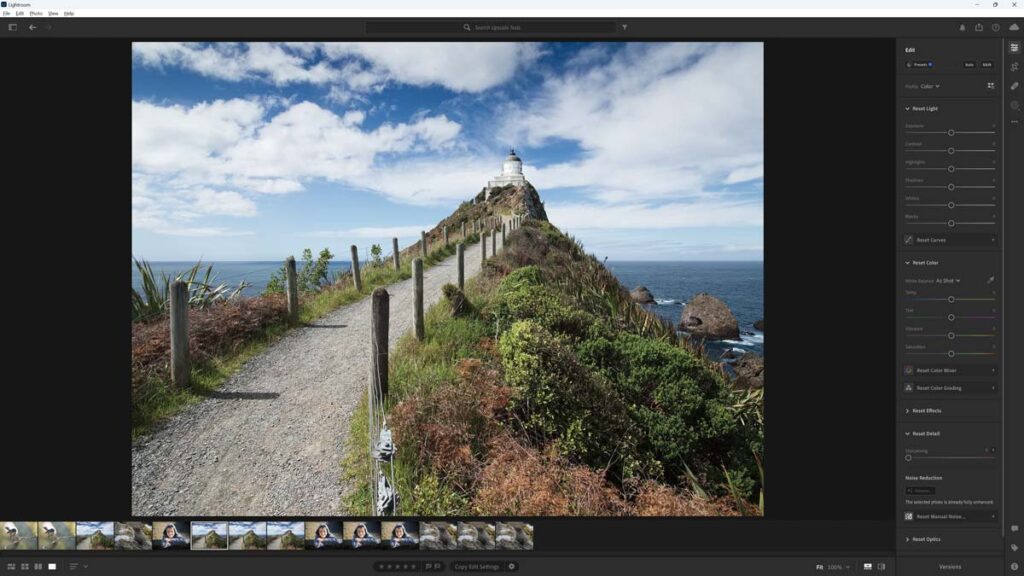
Yet, choosing between DxO Photolab and Lightroom might come down to how you feel about subscriptions. While you can buy DxO Photolab outright for $239, Lightroom will cost you at least $120 each year. However, Lightroom includes 1TB of storage and continuous updates, making it a better deal for those of you with extensive photo collections and a need for the latest features and compatibility with the latest cameras and lenses. In contrast, DxO Photolab is a better deal if you have all the storage you need and have no need to upgrade annually.

Another Photolab alternative is ACDSee Professional. Like Lightroom, ACDSee Professional’s photo management capabilities are significantly superior to DxO Photolab’s, and its photo editing features are similarly robust. While ACDSee lacks Photolab’s outstanding raw conversion and noise reduction, it costs just $99 for a lifetime license. Therefore, if you’re looking for a subscription-free photo management and editing all-rounder, ACDSee Professional is an outstanding choice. Read ACDSee Professional Review.

Finally, there’s ON1 Photo RAW. ON1 Photo Raw offers more features than DxO Photolab, such as superior photo management, layer-based photo editing, sky replacement, and a portrait enhancement tool. Moreover, ON1 Photo Raw’s NoNoise AI is comparable to Photolab’s DeepPRIME in terms of denoising images. However, ON1 Photo Raw cannot match Photolab’s Optic Module-powered raw conversions or its slick, customizable interface. But, at US$99, ON1 Photo Raw is one of photography’s biggest bargains. Read ON1 Photo Raw Review
Get Discounts on Photo Editing Software
Subscribe to my weekly newsletter and be notified of deals and discounts on photography software from ON1, Adobe, Luminar, and more. Spam Promise: Just one email a week, and there’s an unsubscribe link on every email.
Conclusion
DxO PhotoLab 9 is a highly responsive, well-presented photo editing tool that combines labor-saving ‘smart’ tools with high-precision manual adjustments.
Thanks to its bespoke Optics Modules, DxO PhotoLab can overcome the deficiencies of your specific camera and lens pairing and apply highly optimized corrections and enhancements. The result is optimal image quality by default, and you may be satisfied with your edit before applying a single adjustment. And, speaking of image quality, DeepPRIME is as good as photo noise reduction gets.
Regarding photo management, DxO PhotoLab is functional but undernourished. For instance, many applications now feature advanced photo management tools, such as AI-powered keyword tagging, cloud integration, face recognition, and smartphone connectivity. If you need these features, you could always supplement DxO Photolab with a photo management application such as ACDSee Home, ON1 Photo Keyword AI, or Mylio Photos. But in reality, you might prefer an all-in-one alternative such as Lightroom, ON1 Photo Raw, or ACDSee Professional.
Yet, despite its formidable competition, DxO PhotoLab succeeds in standing out for its DeepPRIME noise reduction and its Optics Module-powered image enhancements and corrections. Moreover, thanks to its concise, highly responsive, and customizable interface, DxO PhotoLab is excellent to use. Thus, if you prioritize image quality and user experience above all else, DxO PhotoLab is well worth trying. Try PhotoLab Now – for free.
Subscribe to my weekly newsletter and receive deals and discounts on photography software and gear. Subscribe Now.

BUY PHOTOLAB TODAY
LIFETIME LICENSE
US$239.99
*SAVE WITH PROMOCODE SILENTPEAK15
About the Author

